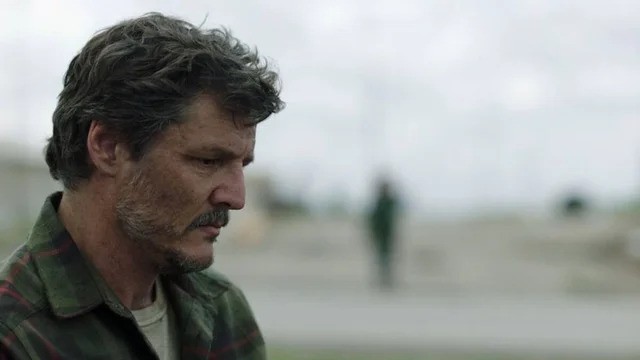In the ever-evolving landscape of television, where genres are constantly redefined and reimagined, HBO’s “The Last of Us” stands as a monumental achievement in the zombie genre. But to categorize it merely as a zombie show does a disservice to its layered narrative, profound themes, and the subtlety with which it reinvents a genre often mired in cliché and predictability.
At first glance, “The Last of Us” might seem to tread familiar ground – a post-apocalyptic world overrun by a fungal infection, turning humans into zombie-like creatures. Yet, it’s not the infected that are the focal point of this narrative; it’s the humans and their stories of resilience, morality, and survival.
One of the show’s most significant departures from traditional zombie narratives is its exploration of human psychology and emotion. The characters of Joel and Ellie, portrayed with exceptional depth and nuance, take us on a journey that’s less about outrunning zombies and more about confronting the complexities of human nature. Their relationship, fraught with tension, affection, and a deep-seated need for connection, speaks volumes about the human condition.
The show also redefines the visual and thematic language of the genre. Gone are the typical gore and gratuitous violence for shock value. Instead, “The Last of Us” employs a more restrained, almost poetic approach to horror. The ‘infected’ are not just mindless predators; they are reminders of lost humanity, eliciting not just fear but also a sense of tragedy. This nuanced portrayal invites viewers to reflect on themes like loss, love, and the ethics of survival.
Moreover, “The Last of Us” challenges the genre’s conventions through its storytelling. It doesn’t rely on jump scares or action-packed sequences; the real suspense and horror come from the moral dilemmas and emotional conflicts the characters face. It’s a narrative that’s as much about the internal struggles of its protagonists as it is about the external threats they face.
One can’t help but admire how the show uses its medium to its fullest potential. The cinematography, sound design, and pacing work in harmony to create a deeply immersive experience. Each frame is meticulously crafted, not just to tell a story visually but to evoke the emotional and psychological undercurrents of the narrative.
“The Last of Us” also delves into philosophical and ethical questions rarely touched upon in zombie fiction. It challenges viewers to contemplate the nature of humanity in the face of societal collapse – what it means to be human when the structures and norms of society no longer exist.
HBO’s “The Last of Us” is more than just a zombie show; it’s a profound reimagining of the genre. By focusing on human stories, employing a nuanced narrative approach, and delving into deeper thematic and philosophical questions, it elevates itself above standard genre fare. It’s a testament to how a well-trodden genre can be revitalized, offering not only entertainment but also introspection and a mirror to our own humanity.


